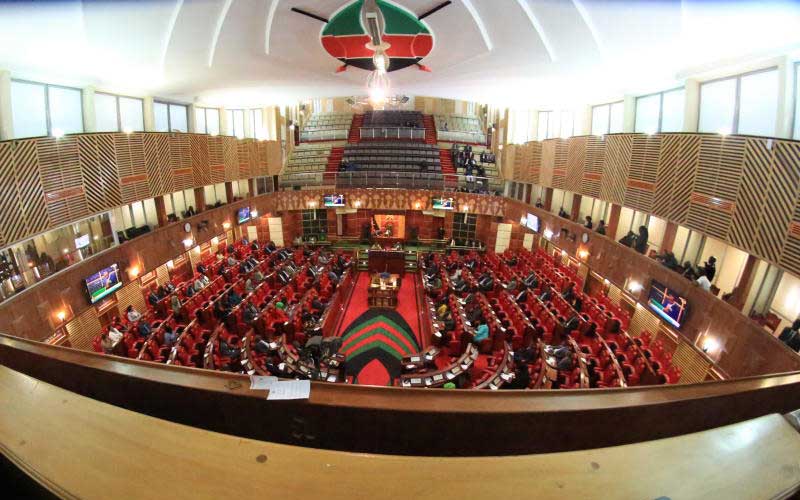×
The Standard e-Paper
Home To Bold Columnists

Members of Parliament will on Wednesday take a vote on the Gender Bill that has remained elusive for years.
Consequently, National Assembly Speaker Justin Muturi has rallied MPs to turn up for the vote that requires at least two-third of the House membership.